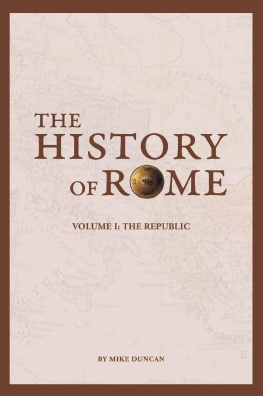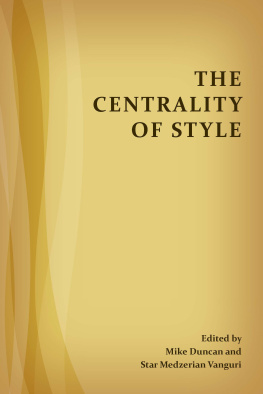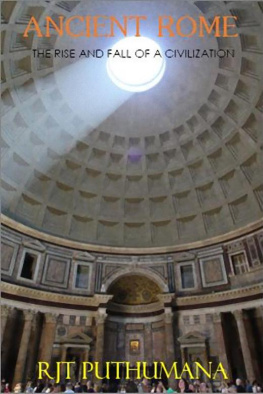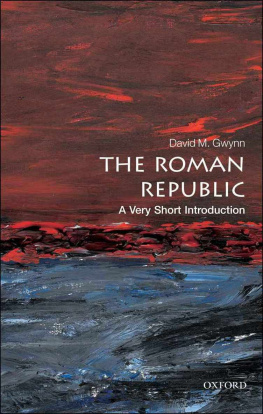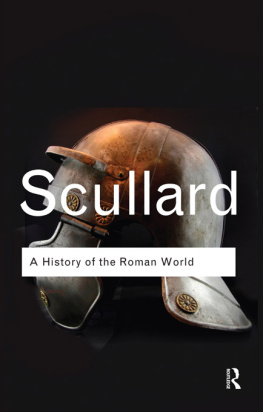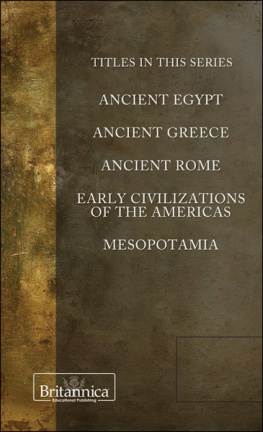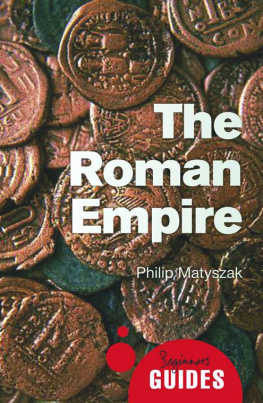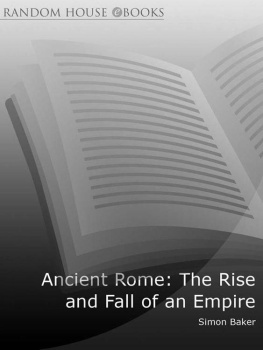Mike Duncan - The History of Rome: The Republic
Here you can read online Mike Duncan - The History of Rome: The Republic full text of the book (entire story) in english for free. Download pdf and epub, get meaning, cover and reviews about this ebook. year: 2016, publisher: Herodotus Press, genre: Art. Description of the work, (preface) as well as reviews are available. Best literature library LitArk.com created for fans of good reading and offers a wide selection of genres:
Romance novel
Science fiction
Adventure
Detective
Science
History
Home and family
Prose
Art
Politics
Computer
Non-fiction
Religion
Business
Children
Humor
Choose a favorite category and find really read worthwhile books. Enjoy immersion in the world of imagination, feel the emotions of the characters or learn something new for yourself, make an fascinating discovery.
- Book:The History of Rome: The Republic
- Author:
- Publisher:Herodotus Press
- Genre:
- Year:2016
- Rating:5 / 5
- Favourites:Add to favourites
- Your mark:
The History of Rome: The Republic: summary, description and annotation
We offer to read an annotation, description, summary or preface (depends on what the author of the book "The History of Rome: The Republic" wrote himself). If you haven't found the necessary information about the book — write in the comments, we will try to find it.
Mike Duncan chronicled the rise, triumph, and fall of the Roman Empire in his popular podcast series The History of Rome. Transcripts of the show have been edited and collected here for the first time. Covering episodes 1-46, The History of Rome Volume I opens with the founding of the Roman Kingdom and ends with the breakdown of the Roman Republic. Along the way Rome will steadily grow from local power to regional power to global power. The Romans will triumph over their greatest foreign rivals and then nearly destroy themselves in a series of destructive civil wars. This is the story of the rise of Rome.
Mike Duncan is one of the foremost history podcasters in the world. His award winning series The History of Rome chronologically narrated the entire history of the Roman Empire over 189 weekly episodes. Running from 2007-2012, The History of Rome has generated more than 65 million downloads and remains one of the most popular history podcasts on the internet. The enduring popularity of The History of Rome earned it aniTunes Best of 2015 award and forms the basis for his forthcoming book The Storm Before The Storm: The Beginning of the End of the Roman Republic (Public Affairs Press). Duncan has continued this success with his ongoing series Revolutions which so far has explored the English, American, French, and Haitian Revolutions. Since debuting in September 2013, Revolutions has generated more than 18 million downloads. Thanks to the worldwide popularity of his podcasts, Duncan has led fans on a number of sold-out guided tours of Italy, England and France to visit historic sites from Ancient Rome to the French Revolution. Duncan also collaborates with illustrator Jason Novak on informative cartoons that humorously explain the historical context for current events. Their work has been featured in The New Yorker, The Paris Review, The Awl, and The Morning News. He lives in Madison, Wisconsin.
Mike Duncan: author's other books
Who wrote The History of Rome: The Republic? Find out the surname, the name of the author of the book and a list of all author's works by series.

